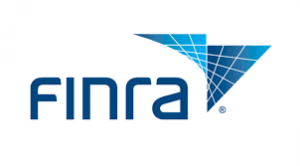
Over the past year FINRA’s Office of Financial Innovation held meetings with over two dozen market participants, including broker-dealers, academics, technology vendors and service providers in order to better understand the use of Artificial Intelligence (“AI”) in the securities industry. This past June FINRA issued a 20 page report which it described as an “initial contribution to an ongoing dialogue” about the use of AI in the securities industry. FINRA notes early in the report that it is not intended to express any legal position and does not create any new requirements or suggest any change in any existing regulatory obligations. So the report is merely food for thought on the topic of AI in the securities industry.
The paper is broken down into three sections; i) a description of the types of AI, ii) an overview of how firms are using AI in their business, and iii) the regulatory considerations surrounding AI. Here are some takeaways from sections ii and iii.
AI Applications
 FINRA Lawyer Blog
FINRA Lawyer Blog


